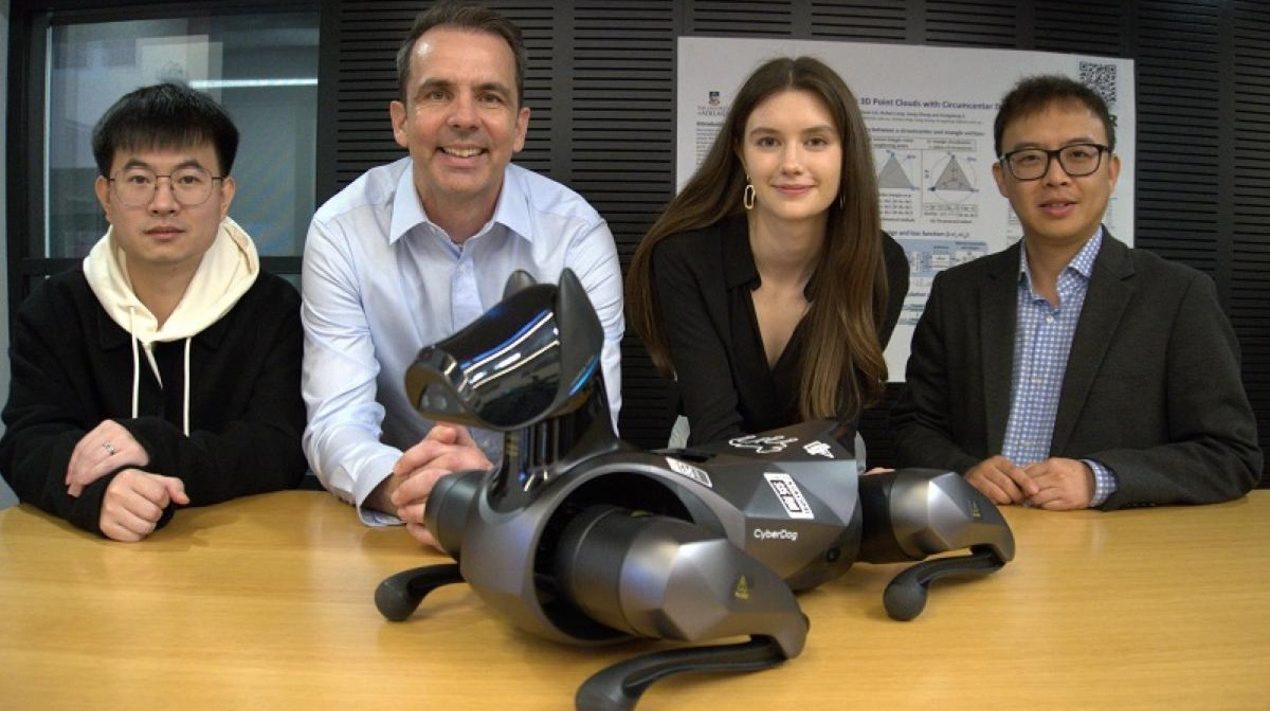
|
Getting your Trinity Audio player ready...
|
The Ministry of Communications and Information (MCI) and Smart Nation Group, in collaboration with the renowned institute, have successfully wrapped up the inaugural Singapore Conference on AI for the Global Good (SCAI). The conference witnessed the confluence of 42 experts representing diverse domains from across the globe with a mission to unravel the critical queries central to the advancement of AI for the betterment of humanity worldwide.
The SCAI was a melting pot of perspectives from academia, industry, and government, fostering vibrant discussions and idea exchanges aimed at identifying challenges and opportunities in leveraging AI for global welfare. These authorities delved into multifaceted topics under overarching themes in AI, ultimately crystallising their insights into what is now termed the SCAI Questions.
The 12 pivotal SCAI Questions that emerged:
- Reliability & Trustworthiness: Ensuring the reliability and trustworthiness of AI models and systems.
- Data Collection & Sharing: Creating a robust data ecosystem for high-quality, shared data usable across borders.
- Governance Structures & Regulatory Measures: Establishing optimal governance and regulations for AI.
- Solving Scientific Problems: Advancing AI to tackle critical scientific challenges benefiting humanity.
- Models & Architecture Derived from Natural Intelligence: Leveraging models from natural intelligence to innovate AI paradigms.
- Values & Norms to Align AI: Eliciting and implementing values guiding AI systems.
- Equitable Access, Control & Fair Competition: Ensuring fairness and accessibility across the AI landscape.
- Transforming Education: Utilizing AI to enhance global educational accessibility and efficiency.
- Mitigating Catastrophic Risks & Ongoing Harms: Addressing diverse risks and harms arising from AI.
- Combating Mis/disinformation Campaigns: Implementing measures to counter misinformation.
- Framework for Effective AI Adoption for Social Good: Establishing an evaluation framework for AI in social contexts.
- Methodologies for AI Safety Evaluation: Developing robust methodologies to assess AI safety.
These questions, the product of rigorous debates and synthesis of varied expert opinions, serve as comprehensive challenges pivotal for steering global AI agendas. They not only articulate foundational areas for AI development and deployment but also propose potential indicators to measure progress in tackling these challenges.
The SCAI Questions, aimed at driving research and policy initiatives globally, offer a roadmap for approaching AI development with a focus on the greater good. They are set to be published on the SCAI website (scai.gov.sg), inviting broader engagement in post-conference dialogues and activities to further explore these crucial inquiries.
The collective efforts at the SCAI have culminated in a framework that promises to shape the trajectory of AI, emphasising its potential for immense positive impact on society. As these questions resonate beyond the conference walls, they beckon tech enthusiasts, policymakers, and researchers worldwide to collaborate in harnessing AI’s transformative power for the benefit of humanity.
At the inaugural Singapore Conference on AI (SCAI), Deputy Prime Minister and Minister for Finance Lawrence Wong officially unveiled the National AI Strategy 2.0 (NAIS 2.0). This comprehensive strategy is designed not only to address contemporary challenges but also to uplift the collective economic and social potential of Singapore over the next three to five years.
Singapore’s journey into AI began in 2019 with the inception of the first National AI Strategy. Since then, Singapore has witnessed remarkable breakthroughs, leading to new products, capabilities, and interactions.
Singapore’s NAIS 2.0 and the SCAI represent a major leap towards unlocking AI’s potential, all while acknowledging the accompanying responsibilities. Grounded in a vision that prioritises the common good and driven by a dedication to excellence and empowerment, Singapore stands ready to navigate the complex realm of AI. Its aim is clear: to guarantee that this revolutionary technology serves as a force for positive societal and global change.
















